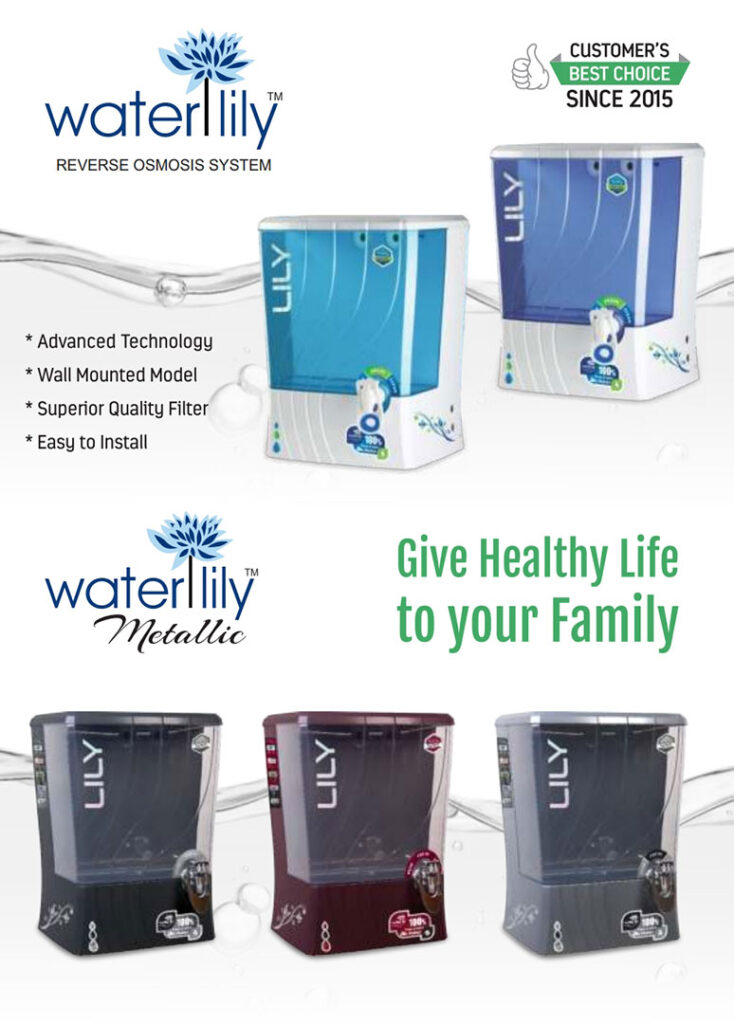- April 30, 2025
- Admin

Water is life, and ensuring purity is crucial for a healthy existence. As concerns about water pollution rise, many households turn to purification technologies, especially RO (Reverse Osmosis) systems. But is RO water safe to drink? More importantly, what does an RO water purifier mean in the context of health?
Let’s explore everything from how RO works, the benefits, and concerns, and whether it truly serves as the best option for clean drinking water.
Introduction to RO Water and Purification
RO water is produced through a process known as reverse osmosis, where water is forced through a semipermeable membrane to remove impurities. It’s touted as one of the most effective water purification methods, especially in urban areas with chemical-laden or hard water.
What Does RO Water Purifier Mean? A Health-Centric Explanation
The term “RO water purifier“ refers to a device that uses reverse osmosis technology to filter out impurities, bacteria, dissolved salts, heavy metals, and harmful chemicals from water.
But what does an RO water purifier mean in terms of your health?
It means cleaner, safer water but with some caveats. RO systems can remove beneficial minerals too, raising concerns about long-term health effects if consumed exclusively.
How RO Purification Works – The Science Explained
RO purification uses high pressure to push water through a membrane that only allows water molecules to pass. This process removes up to 99% of contaminants.
Reverse Osmosis and Membrane Filtration
The semi-permeable membrane used in RO systems is designed to block:
- Lead
- Mercury
- Arsenic
- Nitrates
- Fluoride
- Microorganisms
What Contaminants Does RO Remove?
RO systems are incredibly effective at removing:
- Chlorine
- Total Dissolved Solids (TDS)
- Volatile Organic Compounds (VOCs)
- Pesticides and industrial chemicals
Common Impurities in Tap Water
Depending on your locality, tap water might contain:
- Rust
- Bacteria
- Algae
- Sediments
- High sodium and hardness levels
Health Benefits of Drinking RO Water
Reduced Risk of Waterborne Diseases
RO water significantly lowers the risk of:
- Diarrhea
- Typhoid
- Cholera
- Hepatitis A
Free from Heavy Metals and Toxic Elements
RO water eliminates dangerous heavy metals like arsenic and lead, known to cause cancer, neurological issues, and organ damage.
Is RO Water Safe to Drink Daily?
What the Experts Say
Experts suggest that while RO water is safe for daily use, there must be a balance in mineral intake. It’s particularly useful in areas with highly contaminated water sources.
WHO Guidelines and Concerns About RO Water
The World Health Organization has raised concerns about demineralized water. Long-term consumption without remineralization might lead to deficiencies in calcium, magnesium, and other essential minerals.
Side Effects and Nutrient Loss – What You Should Know
Does RO Water Remove Essential Minerals?
Yes, RO systems remove beneficial minerals like:
- Calcium
- Magnesium
- Sodium
- Potassium
Though the concentration of these in water is low compared to food sources, their absence may affect electrolyte balance over time.
How to Remineralize RO Water
To offset mineral loss, consider:
- Adding a mineral cartridge to your RO system
- Using Himalayan pink salt or trace mineral drops
- Mixing RO water with filtered mineral water
Pros and Cons of Using RO Water at Home
Pros:
- Removes up to 99% of contaminants
- Reduces risk of gastrointestinal infections
- Improves the taste of water
- Ideal for areas with chemical-heavy water
Cons:
- Wastes 3-4 liters for every 1 liter of purified water
- Strips essential minerals
- Requires regular maintenance
- Costlier than other filtration methods
RO vs Bottled Water vs Tap Water – A Comparative Insight
TypeSafety LevelCostEnvironmental ImpactMaintenance
RO Water High Medium Low (if reused) Medium
Bottled Water Medium High High (plastic waste) None
Tap Water Low to Medium Low Low None
Frequently Asked Questions
1. What does an RO water purifier mean for health?
It means a device that purifies water by removing harmful substances but also some beneficial minerals, impacting long-term health if not remineralized.
2. Is RO water safe to drink every day?
Yes, RO water is generally safe to drink daily, especially in regions with contaminated water, but it’s best to ensure minerals are replenished.
3. Does RO water have side effects?
Possible side effects include mineral deficiency and altered taste. These can be addressed through remineralization techniques.
4. Can children drink RO water?
Yes, children can safely drink RO water. However, ensure they get essential minerals through their diet or use mineral-enriched RO systems.
5. How to make RO water healthier?
You can add a mineral filter to the RO unit or manually add trace mineral drops to maintain a healthy balance of electrolytes.
Conclusion:
Should You Trust RO Water for Long-Term Health?
Especially when the alternative is contaminated or unsafe tap water. However, it’s crucial to understand what is RO water purifier means from a health perspective. While it provides clean and pure water, it may also strip essential minerals. With proper remineralization and a balanced diet, RO water remains one of the safest and most efficient ways to ensure your family’s hydration and health.
